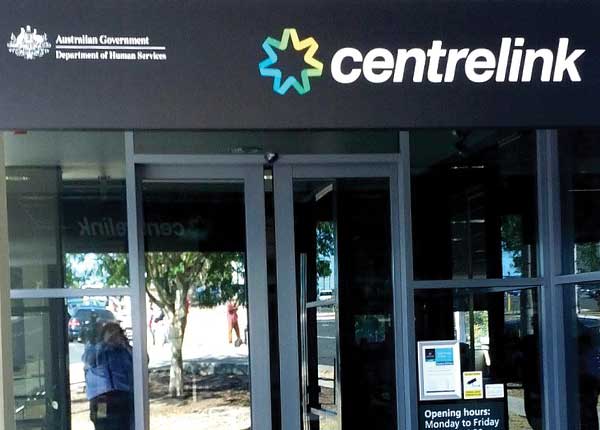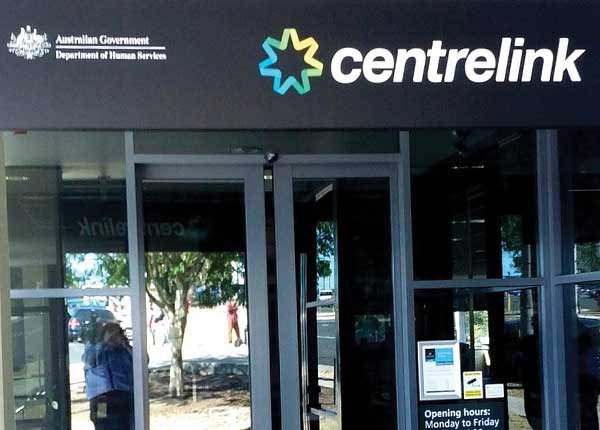The Department of Human Services has been accused of deliberately stalling pay negotiations with the main federal public sector union ahead of the 1st July expiry date of the Australian Public Service’s main industrial instrument.
The Community and Public Sector Union (CPSU) has accused senior management at the giant department the single largest agency inside the bureaucracy of trying to impede representation for its members as the July deadline approaches.
The union claims that DHS is attempting to “significantly reduce the ability of … senior workplace delegates” to represent staff in the bargaining process.
The increasing tensions between the CPSU, DHS and the Abbott government come amid an escalating row over call centre waiting times, which social security clients that Treasurer Joe Hockey has blamed on ageing computer infrastructure rather than redundancies and staff cuts.
“The government has stalled APS bargaining for the last six months and ruled out back pay,” the CPSU said in a bulletin to members, adding that DHS was refusing to tell staff “when it intends to commence negotiations.”
However the government ultimately has little to lose from the stalling tactic because it has offered a zero-per cent pay rise unless it can secure productivity improvement and greater control over workplace conditions and entitlements
The CPSU claims that “DHS refuses disclose when it will be seeking approval from government for the things it wants to bring to the table.”
One of the big issues still being worked through at a policy level is are machinery of government changes that will see greater consolidation between DHS and the new Department of Social Services.
Also on the cards is the potential outsourcing of many Centrelink and possibly Medicare retail counter functions to Australia Post as the government attempts to stem the flow of red ink from the mail monopoly’s dying letters business by finding potential savings in other government enterprises.
Getting DHS staff on side for what is shaping up to be a punitive change agenda could be a be a difficult task for the government, especially given the relatively high rates of industrialisation and strong commitment by staff to social justice compared to other agencies.
The CPSU claims that DHS management and the government have already tried to limit consultation with staff over the industrial negotiations by curtailing the amount of time provided for talks.
The union claims that the new bid to limit consultation amounts to “one delegate only for workplaces with up to 100 workers” and “less than one minute of representation per week for each worker.”
“The department has told us it will only allow two union delegates to participate in bargaining meetings,” the union said in its bulleting. “The department is seeking to provide less support to DHS workers than when Centrelink was a smaller stand alone agency.”
There is also anger over what the CPSU claims is a bid to push down pay rates by downgrading work classifications to lower pay grades, specifically the introduction of the APS2 band in Smart Centres and Customer Service Centres.






Is the outsourcing of Centrelink and Medicare retail counter functions to Australia Post still on the cards? Queues in post office are already long enough – add any more services, and the queue will snake out on to the street!